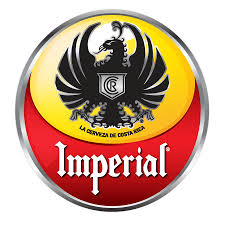imperial
英 [ɪmˈpɪə.ri.əl]
美 [ɪmˈpɪr.i.əl]
- adj. 帝国的;皇帝的;至高无上的;威严的
- n. 纸张尺寸;特等品
- n. (Imperial)人名;(西)因佩里亚尔
使用频率:

记忆方法
将“imperial”与“im-”前缀和“perial”组合联系起来,想象一个帝国(imperial)的权威和宏伟,如古代皇帝或帝国的象征。这种方法可以帮助你记住这个词表示的是与帝国或帝王有关的。
以上内容由AI生成, 仅供参考和借鉴
中文词源
imperial 帝国的,皇室的
词源同empire,帝国,帝权。
英语词源
- imperial
-
imperial: see empire
- imperial (adj.)
- late 14c., "having a commanding quality," from Old French imperial (12c.), from Latin imperialis "of the empire or emperor," from imperium (see empire). Meaning "pertaining to an empire" (especially the Roman) is from late 14c. Imperial presidency in a U.S. context traces to Arthur Schlesinger Jr.'s book on the Nixon administration (1974). Related: Imperially.
权威例句
- 1. In 1959, Akihito broke with imperial tradition by marrying a commoner.
- 明仁天皇在1959年打破皇室传统,娶了一位平民女子为妻。
- 2. The Japanese Imperial family patronises the Japanese Art Association.
- 日本皇室资助日本艺术协会。
- 3. In 1527 Imperial troops sacked the French ambassador's residence in Rome.
- 1527年,帝国军队洗劫了位于罗马的法国大使官邸。
- 4. They made an objection to the imperial system with resolution.
- 他们坚决反对帝制.
- 5. The imperial gallon is not the same size as the US one.
- 英制的加仑与美制的容量不同.